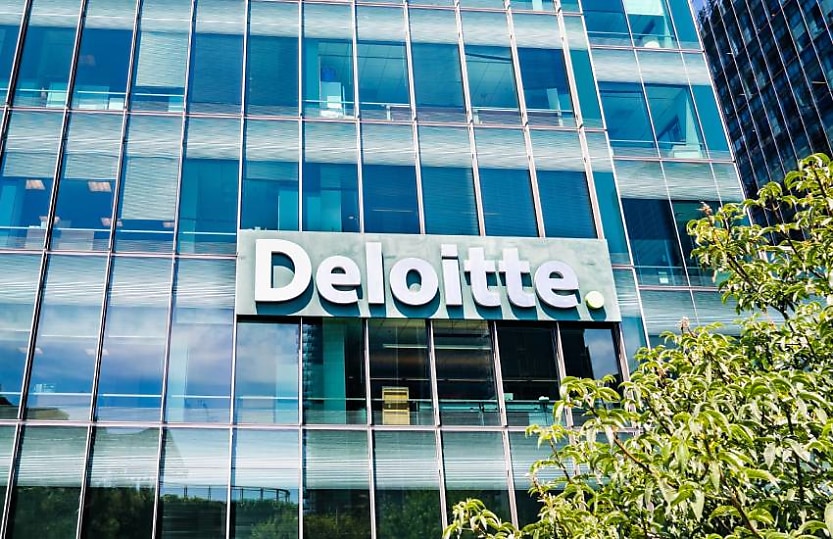Gen Z, Millennials zoned in on pursuit for job ‘trifecta’: Deloitte

A survey by the big four firm has found that younger workers look for money, meaning and well-being in their current or potential roles.
A Deloitte survey on Gen Z and Millennials has revealed the evolving workforce is increasingly defined by a “trifecta” of expectations: money, meaning and well-being.
The survey, Deloitte’s Global 2025 Gen Z and Millennial Survey, found the generational identity of the two groups was “coming into sharp focus” and was projected to make up 74 per cent of the global workforce by 2030.
The “redefining” of jobs and the workforce was attributed to rising living costs and concern about the financial impact of traditional higher education, as well as the drive to rethink career progression.
Deloitte said the two generations were motivated by the need for financial independence and a desire to build purposeful, values-driven careers, which had caused many to turn to on-the-job learning, mentoring and real-world experience to get ahead.
The survey included over 800 Australian Gen Z and Millennial respondents to understand and capture the factors that shaped their careers, values and ambitions.
Pip Dexter, Deloitte Australia chief people and purpose officer, said Gen Z and Millennials faced significant economic pressures, navigating rapid technological change, and having to demand more from their employers in terms of pay, purpose, growth and responsibility.
“The centrality of purpose to job satisfaction is a driving force behind the career aspirations of these two generations,” she said.
“For them, career satisfaction hinges not just on salary, but on a job’s ability to offer growth opportunities while aligning with their values. In this we see a greater expectation on employers to offer growth opportunities and meaningful work.”
According to the study, Gen Z and Millennials were influenced by a desire to make a “meaningful impact”, with values and ethics taking precedence over traditional ambitions.
It was found that 94 per cent of Gen Zs and 92 per cent of Millennials prioritised meaningful work, and 40 per cent of Gen Zs and 39 per cent of Millennials had rejected a potential employer based on personal ethics and beliefs.
In addition to this, 52 per cent of Gen Zs and 46 per cent of Millennials had left a job because it lacked purpose.
“These generations are redefining success in the workplace,” Dexter said.
“It’s no longer just about titles or salary but aligning with personal values and contributing to a sustainable, purpose-driven future. When there’s no clear purpose of alignment, people leave. It’s a key factor in whether people stay and stay motivated.”
Economic pressure was noted to be the defining challenge for young Australians and has impacted how they approached work, education and life.
Fifty-five per cent of Gen Zs and 51 per cent of Millennials said cost of living was their top worry, with most living paycheck to paycheck.
The survey also found 61 per cent of financially secure Gen Zs and 77 per cent of secure Millennials were happy, compared to 30 per cent and 25 per cent of their financially insecure peers.
Dexter said 92 per cent of Millennials and 89 per cent of Gen Zs considered on-the-job training essential for career advancement.
“Financial and time pressures are dissuading some Gen Z and millennial Australians from pursuing traditional higher education pathways.”
“Many are now turning to their workplaces for training and career growth. But too often, that support just isn’t there.”
Technology was also noted to be a source of “promise and uncertainty” which influenced career choices and expectations for the future.
"Embracing AI in the workplace has seen the lines between opportunity and uncertainty blur,” Dexter said.
“While AI offers immense potential for career advancement and efficiency, some feel insecure about its long-term impact on their job security. Employers who meet the demand for practical training to boost employees’ AI literacy will benefit through higher retention rates and a more productive and confident workforce.”
About the author

